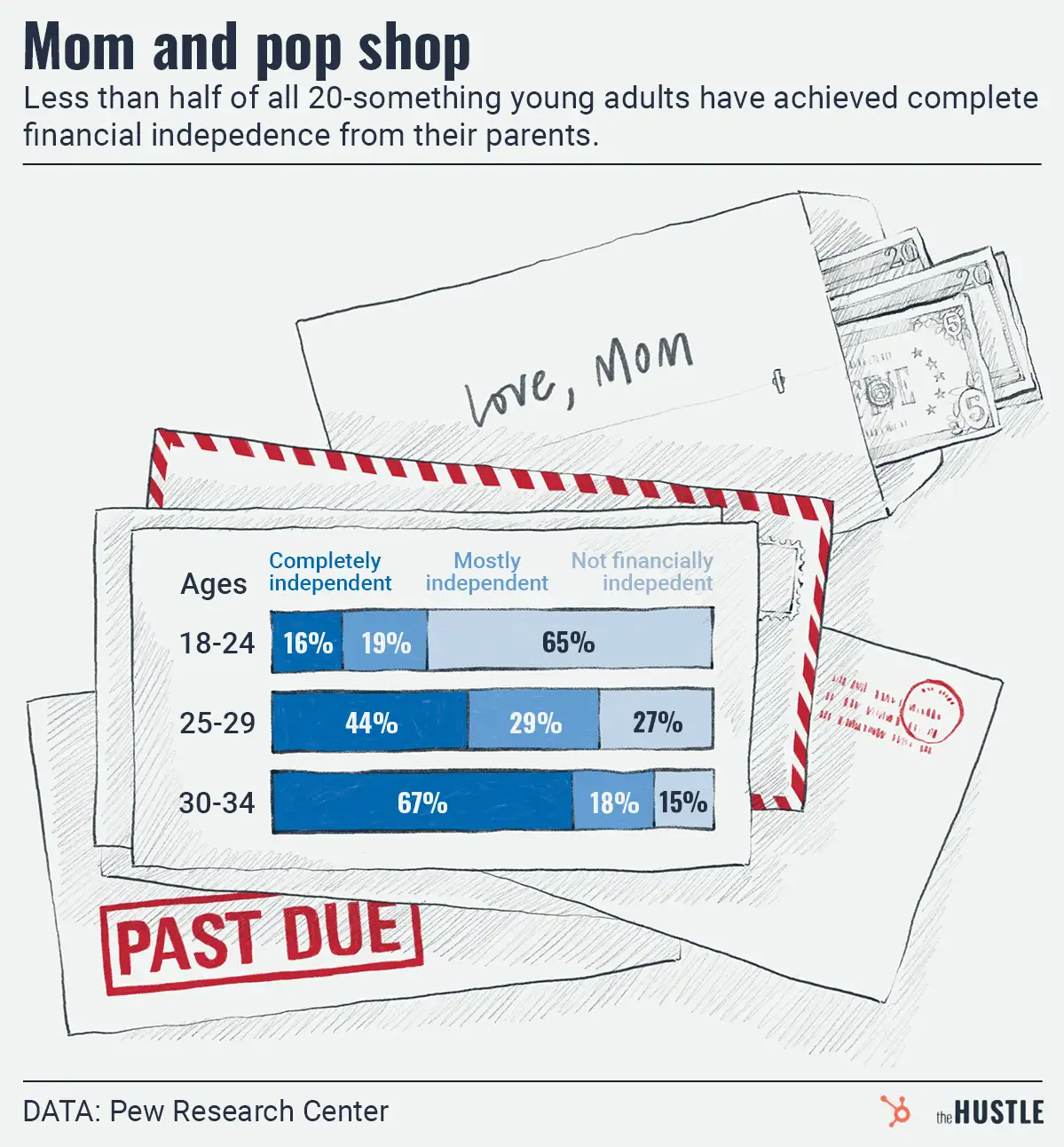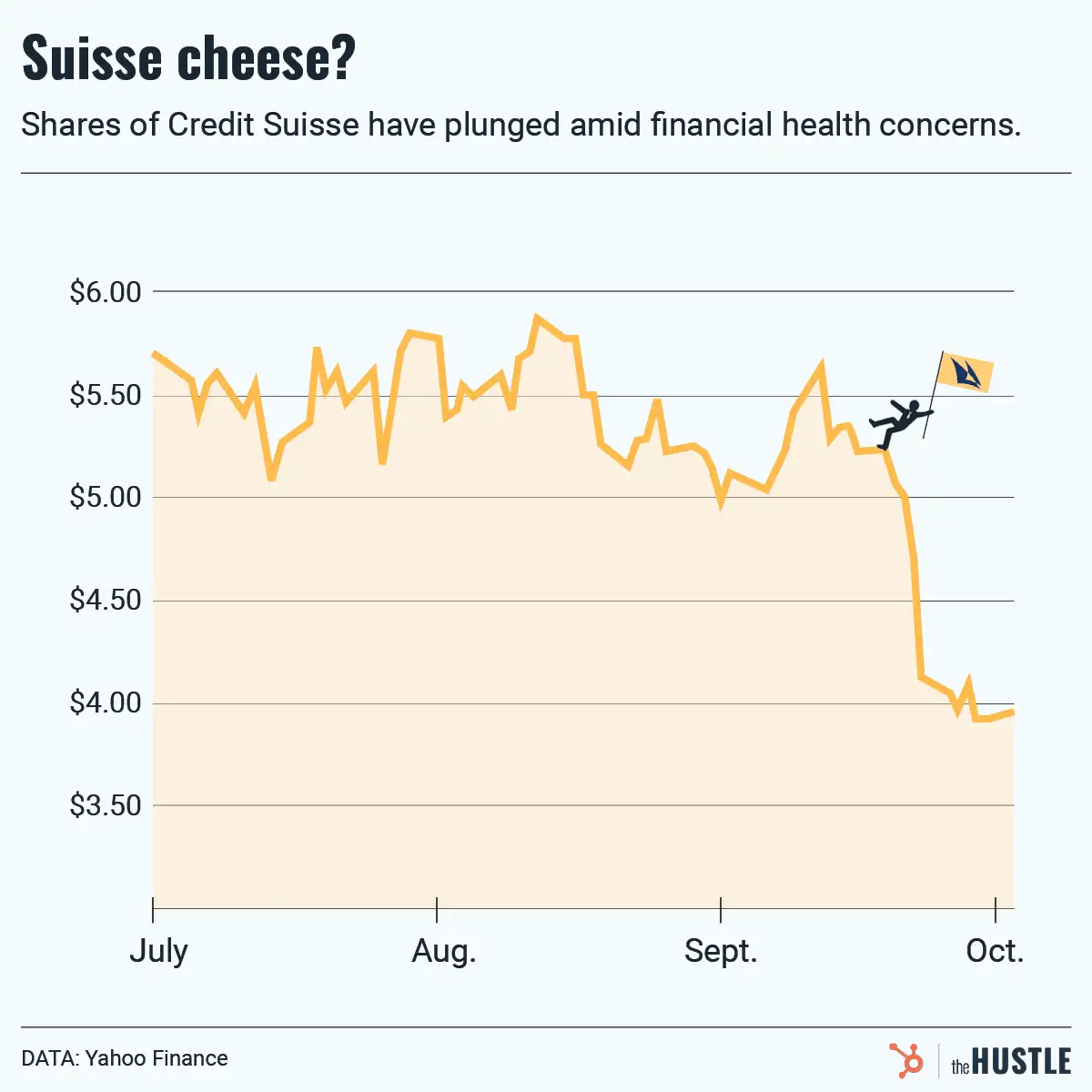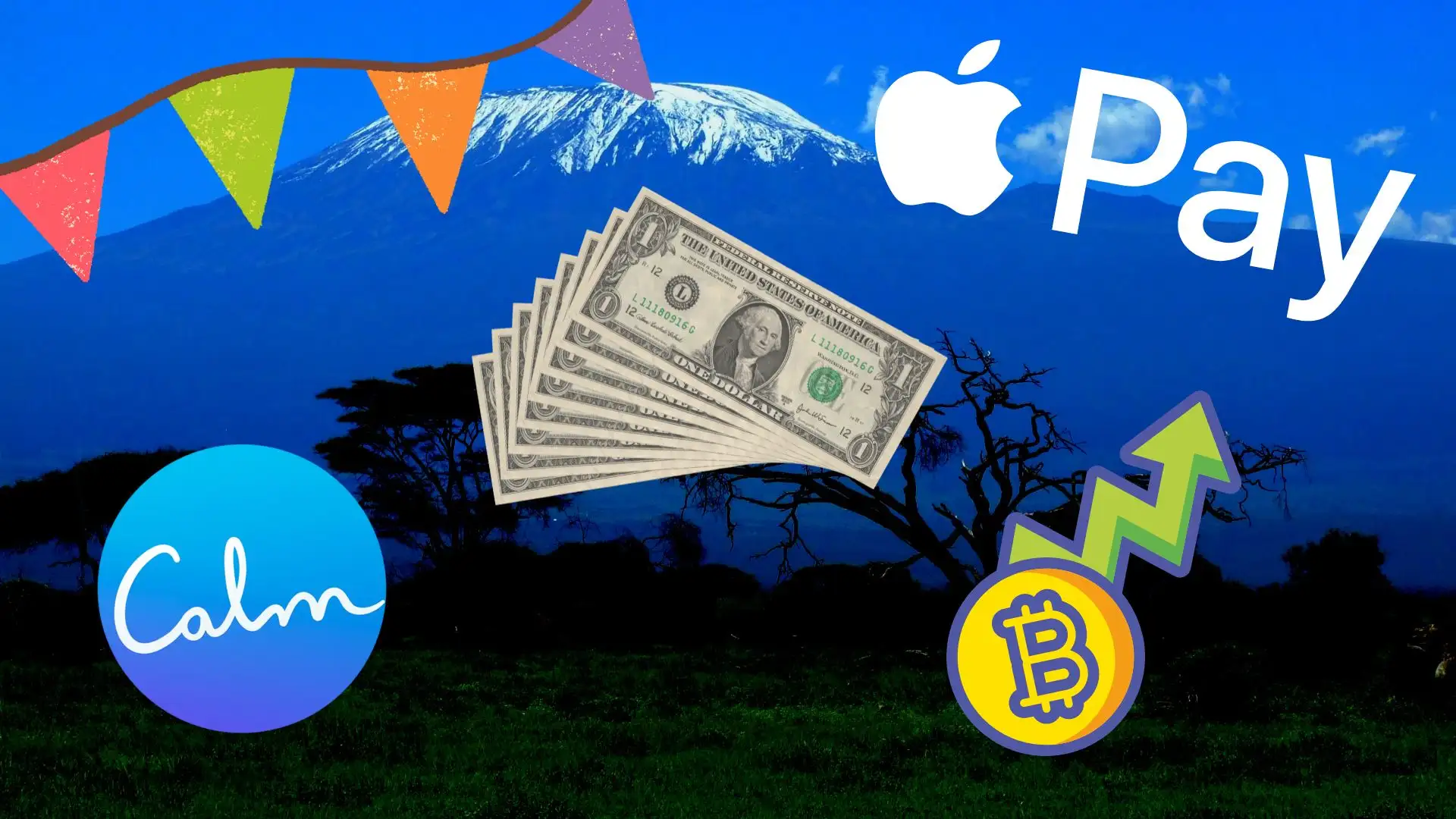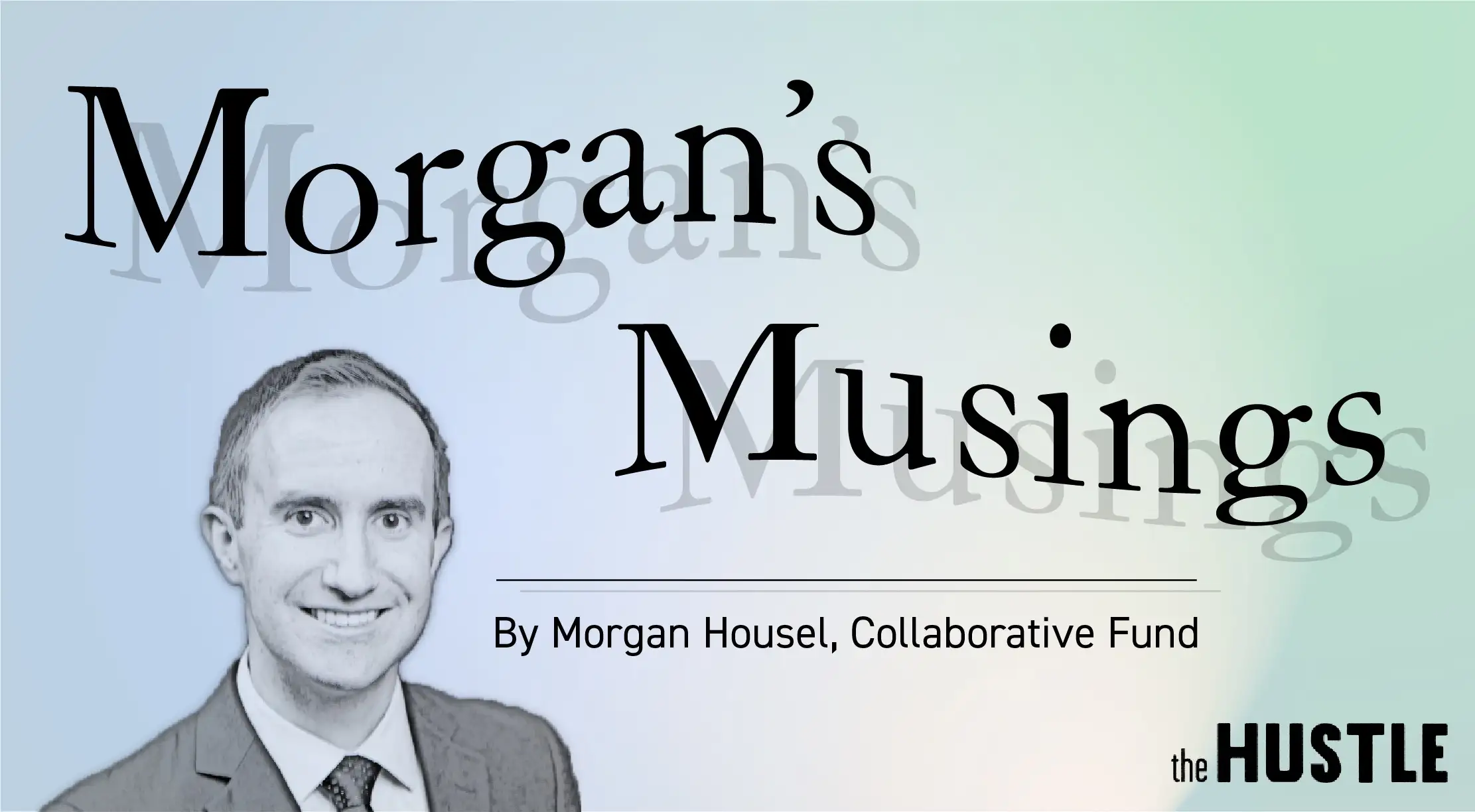A common reframe over the past few years has been that private markets are the new public markets.

Translation: Startups can score big funding rounds + fat valuations without going public and courting extra scrutiny.
WeWork — which has seen its valuation implode from $47B to <$5B after September 2019’s failed IPO attempt — is the most salient example of the pitfalls of going public.
This year has been different: with a record ~$800B in equity raised by nonfinancial firms, per The Economist.
1) Pandemic stimulus and 2) low interest rates
Those 2 factors have contributed to an especially hot public equity market this year:
- Carnival Cruises kicked things off with a $6B+ debt and equity offering in April.
- Tesla, whose shares are up ~9x in the last year, has announced plans to issue $10B in new shares since September.
- Conglomerate Dahaner ($2.5B) and engine maker Rolls Royce ($2.6B) pulled in 9 figures in May and November, respectively.
The accommodating markets have also led to a boom in special purpose acquisition companies (SPACs).
Equity is more expensive than debt
A major reason for this is that most governments allow interest payments to be deducted from taxes.
Despite this, companies have been happy to tap equity markets, which do have notable benefits, per The Economist:
- It’s permanent capital that doesn’t need to be repaid
- It’s more flexible than debt, because there’s no interest
- When shares are “frothy” (as they are now), it’s a great way for founders to raise cash without significantly diluting their stakes
Recent tech IPOs have put the ghost of WeWork far behind
As highlighted by the Wall Street Journal, new public tech companies are trading at ~24x the total of their 12 months of revenue prior to an IPO, the highest ratio in the last 2 decades.
Recent tech entrants have been treated very kindly:
- DoorDash ($51B) is worth nearly 2x Yum Brands, owner of Pizza Hut, Taco Bell, and KFC
- Airbnb ($78B) is worth as much as Marriott, Hilton, and Hyatt combined
- Snowflake ($93B) is worth more than Goldman Sachs
Things are getting so crazy that gaming startup Roblox and fintech firm Affirm just delayed their much-anticipated IPOs to review the process.
In other words, they’ll likely tap the equity markets for much more cheddar.










